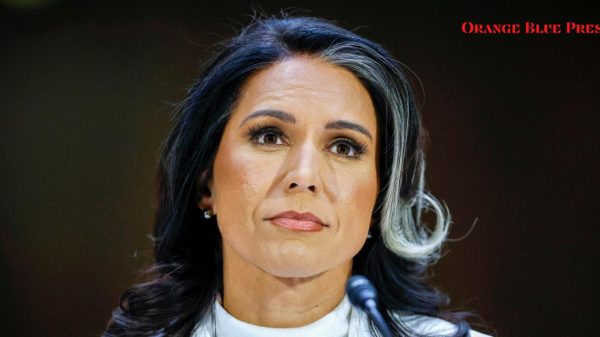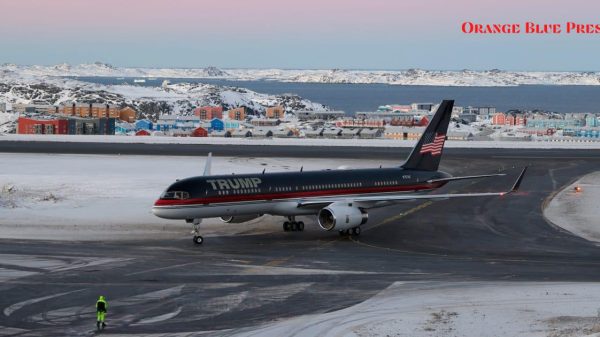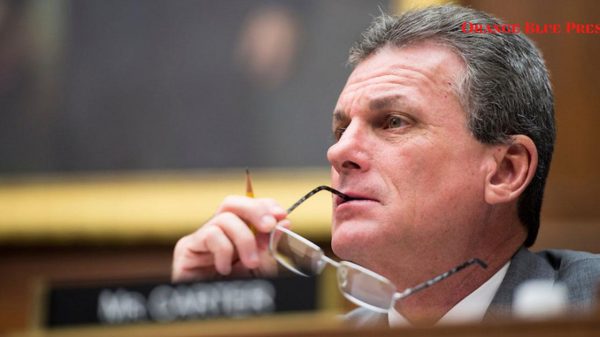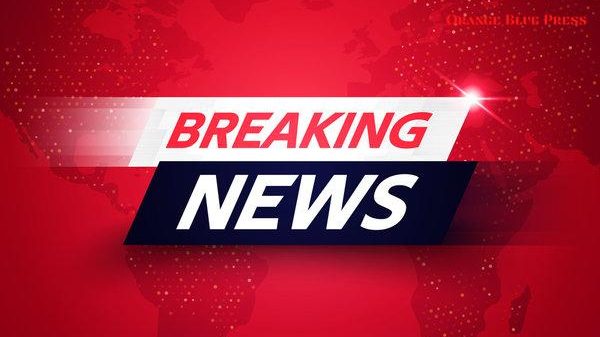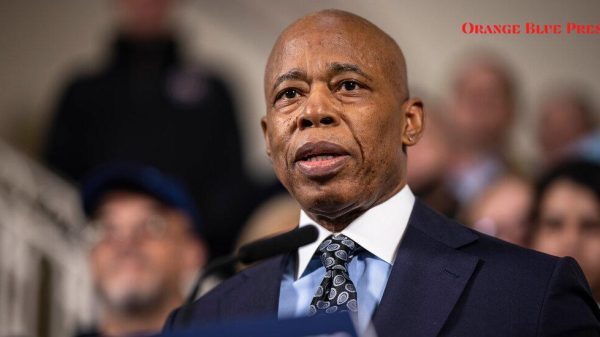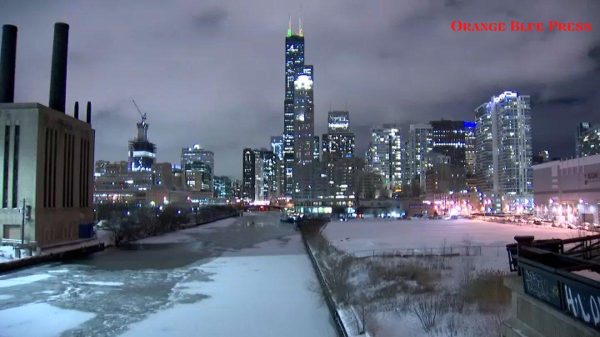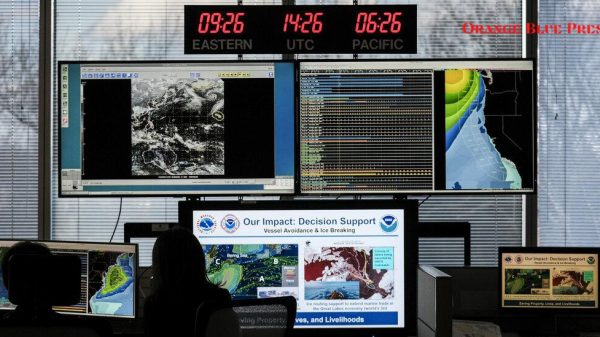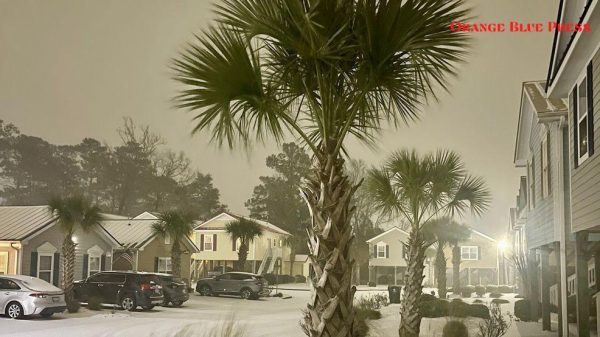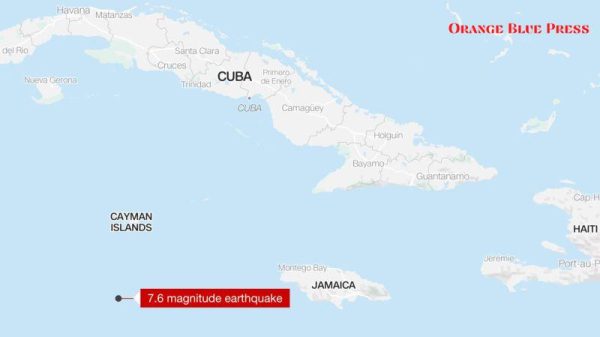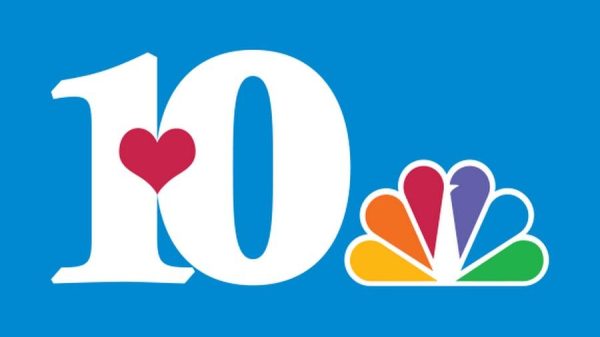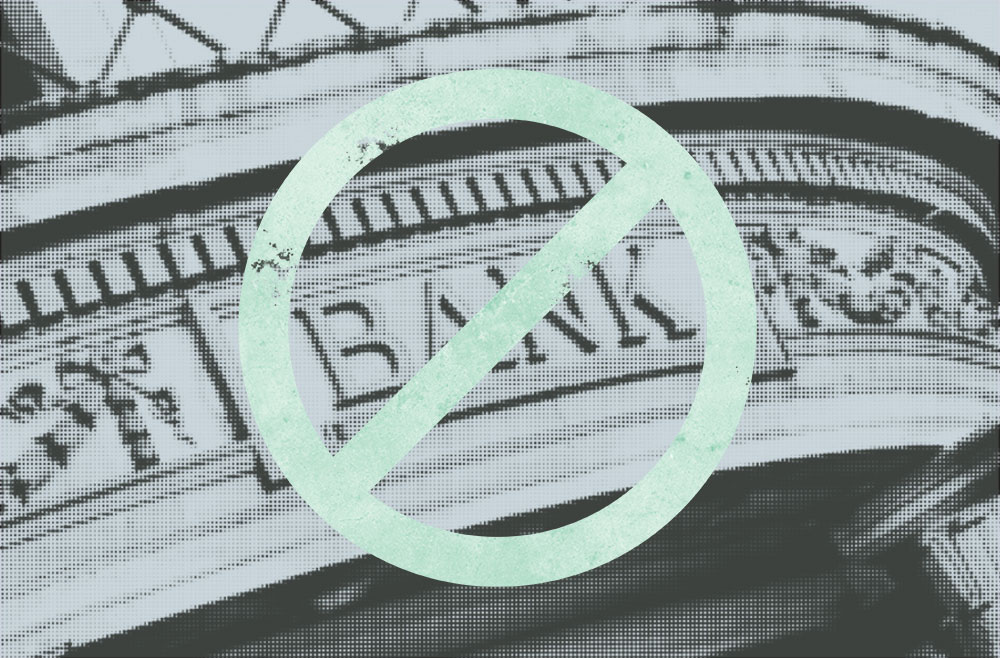The Costs Of Being Unbanked Or Underbanked
About 4.5 percent of American households are unbanked. This means that no one in the house has a checking or savings account. Upon the arrival of the pandemic the rate because people opened accounts to receive government stimulus funds. With this positive news, disparities between the banked and unbanked persist.
According to a published post by Forbes Advisor, the 2019 Report by the Federal Reserve there are 22% of American adults (63 million) remain either unbanked or underbanked.
6% of Americans who are unbanked have no bank account whatsoever and must rely on alternative financial products and services—such as payday loans, check cashing services, money orders and pawn shop loans—to take care of their finances. 16% of Americans who are underbanked rely on alternative financial services because they have some sort of bank account.
The spur of COVID-19 in recent months and the economic instability that has accompanied it has brought increased attention to the digital divide. In an economy that runs on the assumption that individuals have full access to traditional banking, living without that access has several costs. The importance of understanding these costs and how living without full access to the banking system can prevent the unbanked and underbanked from building wealth.

About 4.5 percent of American households are unbanked. This means that no one in the house has a checking or savings account. (Photo: Forbes Advisor)
What Does It Mean To Be Unbanked?
The term “unbanked” describes households without a checking or savings account. The CFPB (Consumer Financial Protection Bureau) considers FDIC (Federal Deposit Insurance Corporation) or NCUA (National Credit Union Administration) insured accounts when evaluating banked status. This means peer-to-peer payment apps like PayPal and Venmo are not included.that
While there are many reasons people avoid banks, 29.2% of unbanked households cited fees or minimum balance requirements as their primary concern. Historically, banks have charged excessive fees that disproportionately impact low-income customers. There are now several banks which are worth considering since they don’t ask for fees and have no minimum balance requirements.
READ ALSO: A Stimulus Year-End Surprise By Congress To American Households










